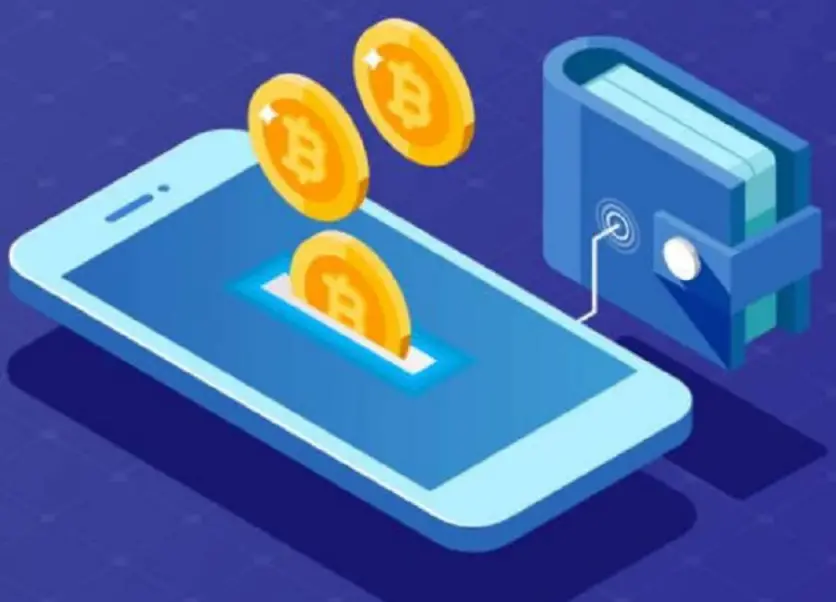Bitcoin Wallets in Cuba: Exploring Options for Cryptocurrency Storage
Cuba, a Caribbean island nation, has seen increased interest in cryptocurrencies like Bitcoin in recent years. As the adoption of Bitcoin grows globally, it’s natural to wonder about the availability and usage of Bitcoin wallets in specific countries. In this blog post, we’ll focus on Cuba and explore the options for Bitcoin wallet usage within the country. We’ll discuss the general types of Bitcoin wallets, highlight popular wallet choices, and provide insights into how individuals in Cuba can securely store their Bitcoin.

1. Understanding Bitcoin Wallets
Before delving into specific wallet options in Cuba, let’s briefly discuss the concept of Bitcoin wallets. A Bitcoin wallet is a digital tool that allows users to store, send, and receive Bitcoin securely. Wallets come in various forms, including hardware wallets, software wallets, and online wallets. Each type offers different levels of security and convenience.
2. Bitcoin Wallets in Cuba: An Overview
In Cuba, the availability and usage of Bitcoin wallets are influenced by factors such as internet access, government regulations, and the country’s financial infrastructure. While the cryptocurrency ecosystem is evolving, individuals in Cuba may face certain limitations when it comes to accessing Bitcoin wallets. However, it’s important to note that the situation is subject to change, and individuals in Cuba may still explore wallet options to securely store their Bitcoin.
3. Popular Bitcoin Wallet Options
Considering the general accessibility of Bitcoin wallets globally, individuals in Cuba can consider popular wallet options that are available worldwide. Here are some commonly used Bitcoin wallet types:
- Hardware Wallets: Hardware wallets, such as Ledger and Trezor, are physical devices that store private keys offline. These wallets offer enhanced security by keeping the keys away from internet-connected devices, reducing the risk of hacking or theft.
- Software Wallets: Software wallets, also known as mobile or desktop wallets, are applications that can be installed on smartphones, tablets, or computers. Examples include Electrum, Exodus, and Trust Wallet. These wallets provide convenience and accessibility for managing Bitcoin on digital devices.
- Web Wallets: Web wallets are online wallets that can be accessed through web browsers. They offer ease of use and can be accessed from any device with an internet connection. Popular web wallet options include Blockchain.com, Coinbase, and BitPay.
4. Considerations for Choosing a Bitcoin Wallet
When selecting a Bitcoin wallet in Cuba, it’s essential to consider factors such as security, convenience, and accessibility. Here are a few key points to keep in mind:
- Security: Look for wallets that prioritize security measures, such as two-factor authentication (2FA) and encryption. Hardware wallets generally offer the highest level of security due to their offline storage of private keys.
- Backup and Recovery: Ensure that your chosen wallet provides a backup and recovery option in case of device loss, theft, or damage. This feature allows you to restore access to your Bitcoin holdings using a recovery phrase or seed.
- User Experience: Consider the user interface and features offered by the wallet. A user-friendly and intuitive interface can enhance your overall experience and make managing your Bitcoin more convenient.
- Community Support and Reputation: Research the wallet provider’s reputation, user reviews, and community support. This can help you gauge the wallet’s reliability and the level of customer service offered by the provider.
5. Local Regulations and Compliance
When using Bitcoin wallets or engaging in cryptocurrency-related activities in Cuba, it’s crucial to be aware of local regulations and compliance requirements. Stay informed about any legal obligations, tax implications, or licensing requirements that may apply to your Bitcoin transactions within the country.
6. Best Practices for Bitcoin Wallet Security
Regardless of the wallet you choose, it’s important to prioritize security. Here are a few best practices to follow:
- Use strong, unique passwords for your wallet accounts.
- Enable two-factor authentication (2FA) wherever possible.
- Keep your wallet software and devices up to date with the latest security patches.
- Backup your wallet’s recovery phrase or seed in a secure location offline.
- Be cautious of phishing attempts and only download wallet software from trusted sources.
- Consider using multi-signature wallets for added security, especially for larger Bitcoin holdings.
Final Thoughts
While the accessibility of Bitcoin wallets in Cuba may be subject to limitations due to various factors, individuals in the country can still explore popular Bitcoin wallet options available worldwide. Hardware wallets, software wallets, and web wallets offer different features and security levels for storing Bitcoin securely.
When selecting a Bitcoin wallet, prioritize security, follow best practices, and stay informed about local regulations and compliance requirements. By taking the necessary precautions and practicing responsible management of your Bitcoin holdings, you can securely participate in the world of cryptocurrencies while residing in Cuba.
Disclaimer: The information provided in this blog post is for educational purposes only and does not constitute financial advice. Cryptocurrencies are subject to market risks, and individuals should exercise caution and conduct their own research when engaging in cryptocurrency-related activities.